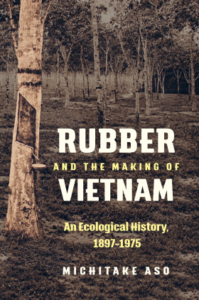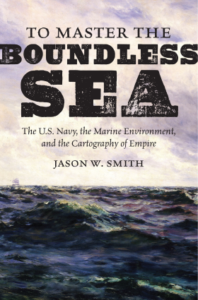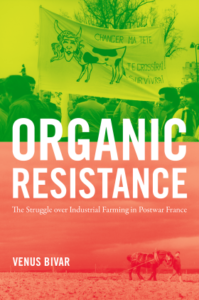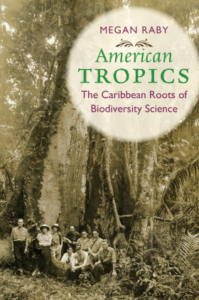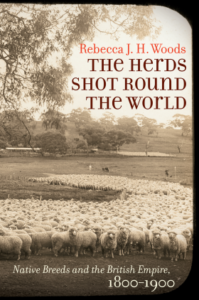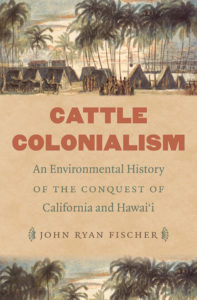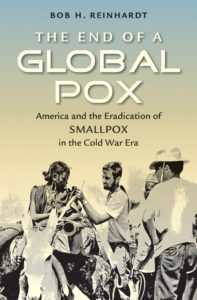Now Available
Rubber and the Making of Vietnam
Michitake Aso
During a turbulent Vietnamese past, rubber transcended capitalism and socialism, colonization and decolonization, becoming a key commodity around which life and history have revolved. Synthesizing archival material in English, French, and Vietnamese, Aso uses rubber plantations as a lens to examine the entanglements of nature, culture, and politics and demonstrates how the demand for rubber has impacted nearly a century of war and, at best, uneasy peace in Vietnam.
To Master the Boundless Sea
Jason W. Smith
Beginning in the early nineteenth century and concluding in the first years of the twentieth, Jason W. Smith tells the story of the rise of the U.S. Navy and the emergence of American ocean empire through its struggle to control nature, and Smith recounts the largely untold story of a young nationxlooking to extend its power over the boundless sea
Organic Resistance
Venus Bivar
Delving into the intersecting narratives of economic modernization, the birth of organic farming, the development of a strong agricultural protest movement, and the rise of environmentalism, Bivar reveals a movement as preoccupied with maintaining the purity of the French race as of French food. What emerges is a story of how French farming conquered the world, bringing with it a set of ideas about place and purity with a darker origin story than we might have guessed.
American Tropics
Megan Raby
Considering U.S. biological fieldwork from the era of the Spanish-American War through the anticolonial movements of the 1960s and 1970s, this study combines the history of science, environmental history, and the history of U.S.–Caribbean and Latin American relations. In doing so, Raby sheds new light on the origins of contemporary scientific and environmentalist thought and brings to the forefront a surprisingly neglected history of twentieth-century U.S. science and empire.
The Herds Shot Round the World
Rebecca Woods
Based on extensive archival work in the United Kingdom, New Zealand, and Australia, this study illuminates the connections between the biological consequences and the politics of imperialism. In tracing both the national origins and imperial expansion of British breeds, Woods uncovers the processes that laid the foundation for our livestock industry today.
John Ryan Fischer
Environmental historians have too often overlooked California and Hawai’i, despite the roles the regions played in the colonial ranching frontiers of the Pacific World. In Cattle Colonialism, John Ryan Fischer significantly enlarges the scope of the American West by examining the trans-Pacific transformations these animals wrought on local landscapes and native economies.
Bob Reinhardt
Drawing on methods from environmental, medical, and political history, Reinhardt interprets the global effort to eradicate smallpox as an extension of U.S. technological, medical, and political power. The End of a Global Pox demonstrates the far-reaching manifestations of American liberalism, shedding new light on the history of global public health and development.
Forthcoming
Red Coats and Wild Birds: Military, Science, Empire by Kirsten Greer (Spring 2019)
All Things Useful, Harmless, and Ornamental: A History of Species Acclimatization by Pete Minard (Spring 2019)
Landscape of Migration: Mobility and Environmental Change on Bolivia’s Tropical Frontier, 1952 to the Present by Ben Nobbs-Thiessen (Spring 2020)
Jaguars of Empire: Natural Histories in the New World by Sharon Wilcox (Spring 2020)
